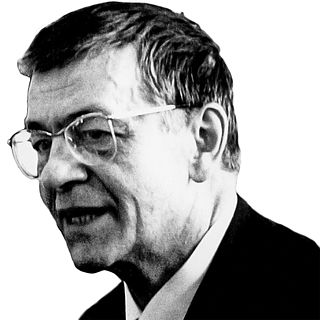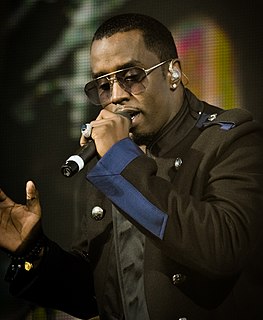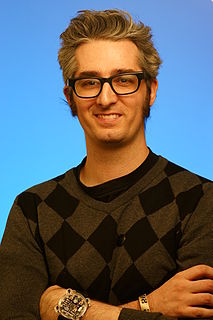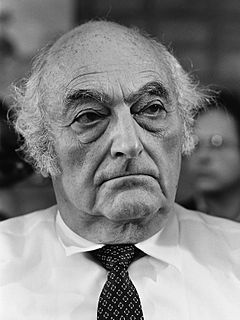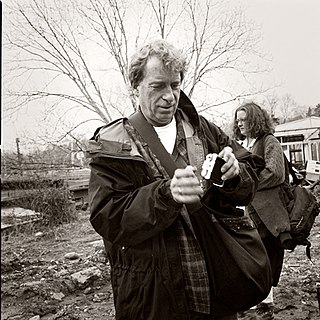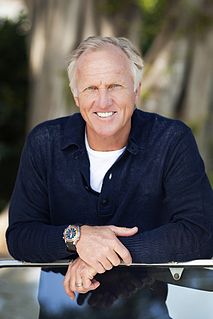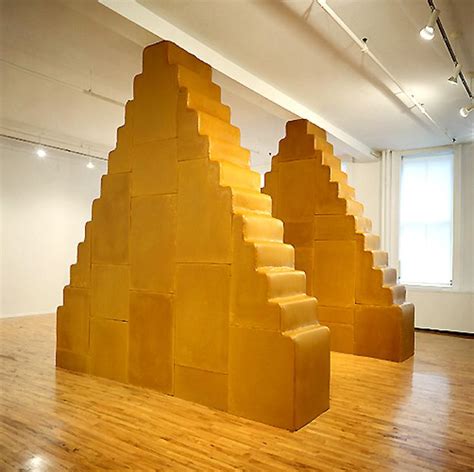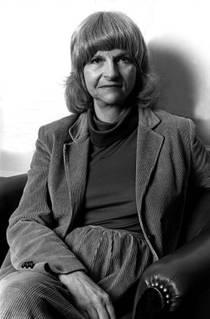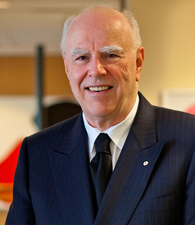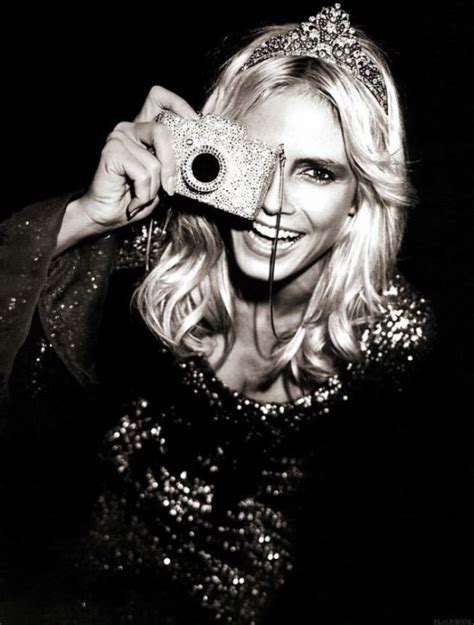A Quote by Peter Weiss
I could buy myself paper, a pen, a pencil and a brush and could create pictures whenever and wherever I wanted. ... That evening, in the spring of 1947, on the embankment of the Seine in Paris, at the age of thirty, I saw that it was possible to live and work in the world, and that I could participate in the exchange of ideas that was taking place all around, bound to no country.
Related Quotes
Why one writes is a question I can answer easily, having so often asked it of myself. I believe one writes because one has to create a world in which one can live. I could not live in any of the worlds offered to me - the world of my parents, the world of war, the world of politics. I had to create a world of my own, like a climate, a country, an atmosphere in which I could breathe, reign, and recreate myself when destroyed by living. That, I believe, is the reason for every work of art.
I remember reading about a court case where a man tried to stab a judge with a pencil. There are Google pages full of similar instances around the world. It's obvious that the pencil lends itself to precisely that kind of use. It's not as lacking in dominance as you might think. I have an article on the fallacy of the designer intent because a lot of designers think they can design uses into technology. You can't do that. I use the pen, I make the mark, but the pen is also using me. The pen could be said to be allowing these kinds of marks. I can't do just anything with the pen.
I am not afraid of beauty, unlike most artists today. The pollen, the milk, the beeswax, they have a beauty that is incredible, that is beyond the imagination, something which you cannot believe is a reality-and it is the most real. I could not make it myself, I could not create it myself, but I can participate in it. Trying to create it yourself is only a tragedy, participating in it is a big chance.
Those who created this country chose freedom. With all of its dangers. And do you know the riskiest part of that choice they made? They actually believed that we could be trusted to make up our own minds in the whirl of differing ideas. That we could be trusted to remain free, even when there were very, very seductive voices - taking advantage of our freedom of speech - who were trying to turn this country into the kind of place where the government could tell you what you can and cannot do.
Because it's kind of great, being an idea that everybody likes. But I could never be the idea to myself, not all the way. And Agloe is a place where a paper creation became real. A dot on the map became a real place, more real than the people who created the dot could never have imagined. I thought maybe the paper cutout of a girl could start becoming real here also. And it seemed like a way to tell that paper girl who cared about popularity and clothes and everything else: 'You are going to the paper towns. And you are never coming back.
I was kind of raised with the suggestion that I had a duty to do; that life was real, life was earnest. And I hated that, actually. I needed to be liberated, to be told that I could live the life that I wanted to live; that I didn't need a job, or to be shouted at; that I could be myself; that I could be happy.
Philosophy is speculation, Zen is participation. Participate in the night leaving, participate in the evening coming, participate in the stars and participate in the clouds; make participation your lifestyle and the whole existence becomes such a joy, such an ecstasy. You could not have dreamed of a better universe.
Somehow Annie Flanders from the SoHo News heard I was doing pictures and was headed to Paris. She saw my worked, liked it, and asked me to take pictures for her paper while I was there, but told me I would first have to buy a real camera - 35-millimeter. I got a little book that taught me how to load film. I read it on the flight to Paris. Hours later, I found myself at the top of the Eiffel Tower with Yves Saint Laurent and Andy Warhol. It's all been downhill since then.
